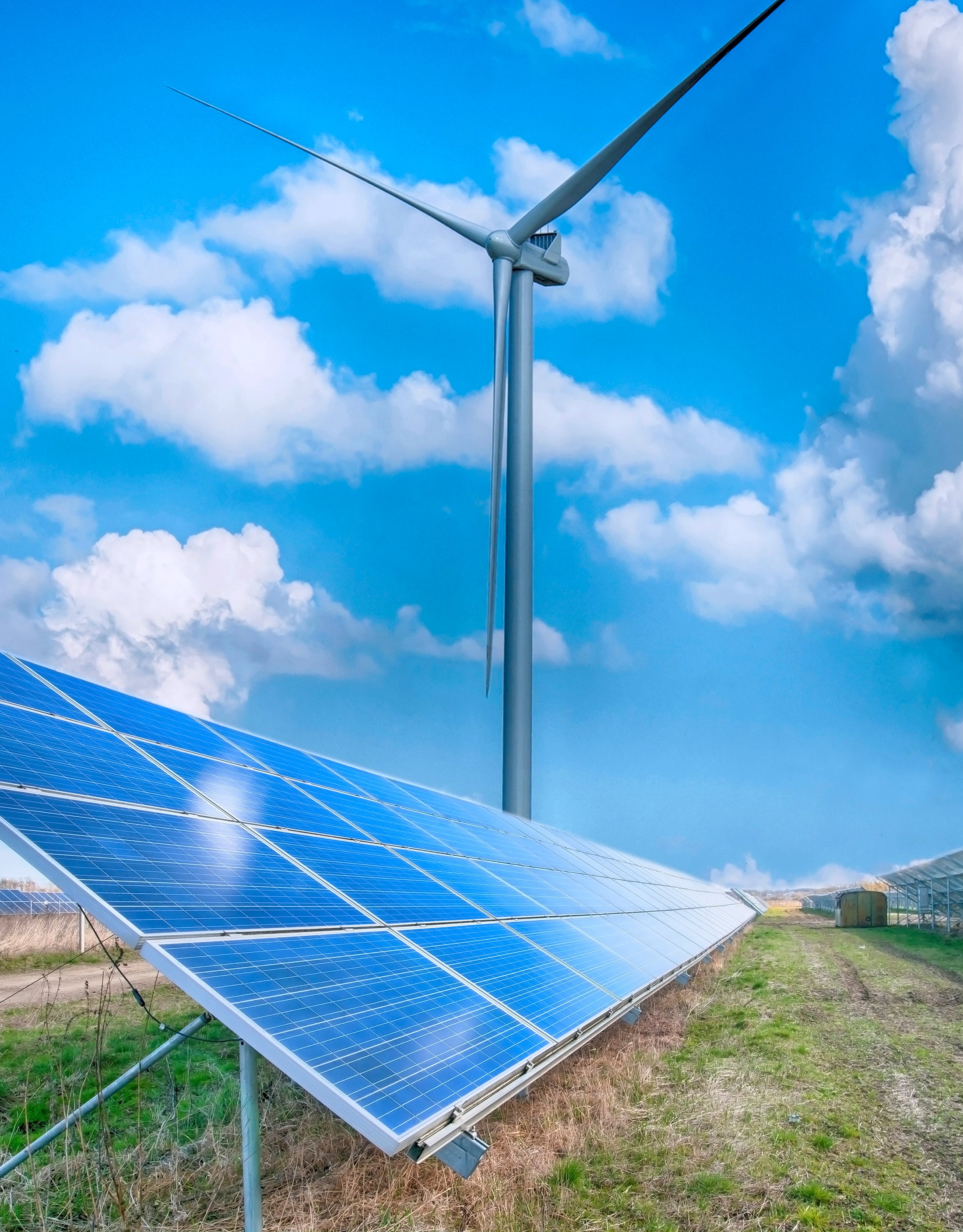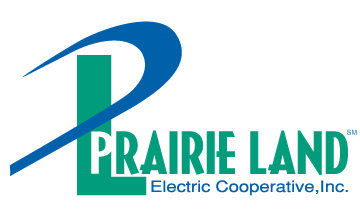
Renewable energy is useful energy that is collected from renewable resources, which are naturally replenished on a human timescale, including carbon neutral sources like sunlight, wind, rain, tides, waves, and geothermal heat. Private renewable systems are becoming more popular as a distributed energy resource (DER). Not all DERs are renewable, and not all renewables are DERs. A system that is entirely off-grid is not considered a DER. Rather, a DER is defined as a small-scale unit of power generation that is located on the consumer’s side of the meter and is connected to a larger power grid at the distribution level. Some examples include:
•roof top solar photovoltaic units
•wind generating units
•battery storage
•batteries in electric vehicles used to export power back to the grid
•combined heat and power units, or tri-generation units that also utilize waste heat to provide cooling
•biomass generators, which are fueled with waste gas or industrial and agricultural by-products
•open and closed cycle gas turbines
•reciprocating engines (diesel, oil)
•hydro and mini-hydro schemes
•fuel cells
